|
Advertisement
|
Tensh? karuta
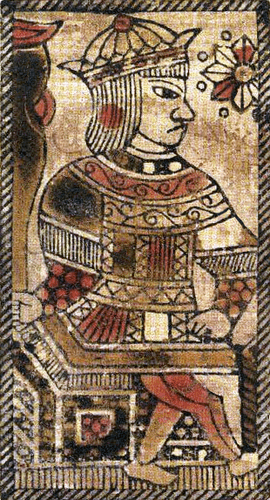
DescriptionThis is the earliest of a range of Japanese card games based on Portuguese playing cards brought to Japan in the mid 16th century. All these games as well as some unrelated and more recent games are denoted by the word "karuta" from Portuguese "carta". Due to the age of this loanword, it can be written in a bewildering number of ways. About equally frequent are ??? in hiragana as other old loans that have been naturalised and ??? in katakana, like modern loanwords. Archaic and more rarely seen are "sound-ateji forms" like ???, ??? or ??? using kanji for their sound value without reference to their meanings. The kanji ?? might be read karuta, but primarily represents koppai ????, meaning a particular type of cards, or "bone mahjong tiles" (from Chinese g? pái meaning "bone tile", referring to dominoes). Besides this, the term fuda ?? might be used for at least some forms of playing cards. This may also be written with the kanji ? with the primary meaning "paper money", and in this sense read satsu ??. The term "Tensh? karuta" is a later term later applied to distinguish the oldest form (which in origin actually predates the Tensh? period) from later developments. The 48-card deck is divided into the four suits of pau ?? – from paus "clubs", isu ?? – from espadas "swords" (shortened), koppu ??? – from copas "cups" and ?ru ??? – from ouros "coins" (literally the plural of "gold"). Each suit consists of 12 cards: rei ?? – from rei "king", kaba ?? – from cavaleiro "knight" or cavalo "horse" (shortened), s?ta ??? – from sota "servant" literally "lower [rank]" and number cards from ace to nine. As in the Portuguese precursor, the ace cards depicts a dragon holding the suit symbol. In the "short" suits of cups and coins the number cards rank in reverse from ace (high) to nine (low), while the "long" suits of clubs and swords are ranked normally. This feature is not only shared with older European cards, but at least for coins goes all the way back to the earliest Chinese playing cards. Later some of the Portuguese-derived names are replaced by indigenous ones. Pau becomes hau ??, "flower", and the clubs are shown sprouting flowers; while kaba becomes uma ?? "horse". Unsun karuta and Sunkun karuta are rooted in Tensh? karuta Game DiscussionsAdd CommentYou need to be logged in to comment. Insert Bullet List Please enter at least one item. Item: Item: Item: Item: Item: Insert Numeric List Please enter at least one item. Item: Item: Item: Item: Item: Insert Link Please enter the link of the website Optionally you can add display text Insert Email Please enter the email address Optionally add any display text Insert Image Please enter the link of the image Insert YouTube Video Please enter the link of the video MarketplaceNo listings at the moment. Do you own this game? Click here to list it for sale.
|
Best Sellers
Board Games
|
||||
Latest Searches: ps4")) ORDER BY 1 | Challenge centre | St Charles parish monopoly | oligopoly | monopoly Hendersonville | date | quorkle | town iof salem | Cheech+and+Chong+-opoly | spada laser | Wizard and wahrlich | VW monopoly game | valley of the kings after life | quick wits | Awesome+animals+card+game+rules | wood book | advenjer time | coming soon | accesorios+nerf | Curious cargo | Fox on the run | master+galleries | American mah jongg | black card fevoked | Muncie Indiana monopoly | greek mythology | Eldritch Horror Mountains of Madness | youll | Scoring+for+know+me+fast | Farmall tractor monopoly
All Rights Reserved

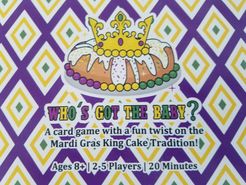
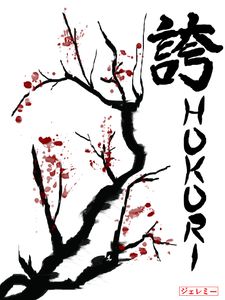
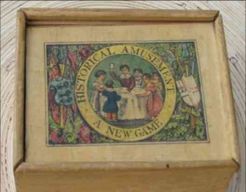
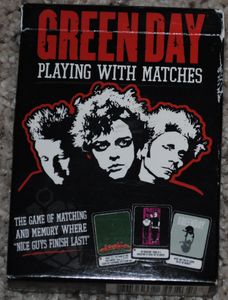

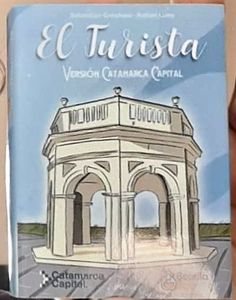
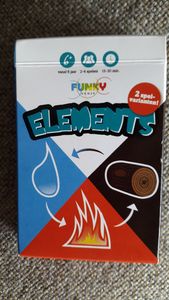
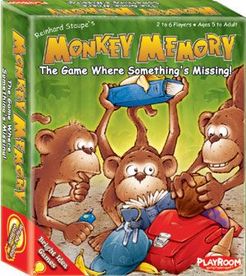
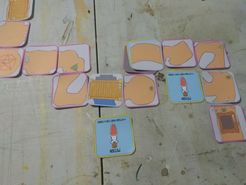

Comments (0)